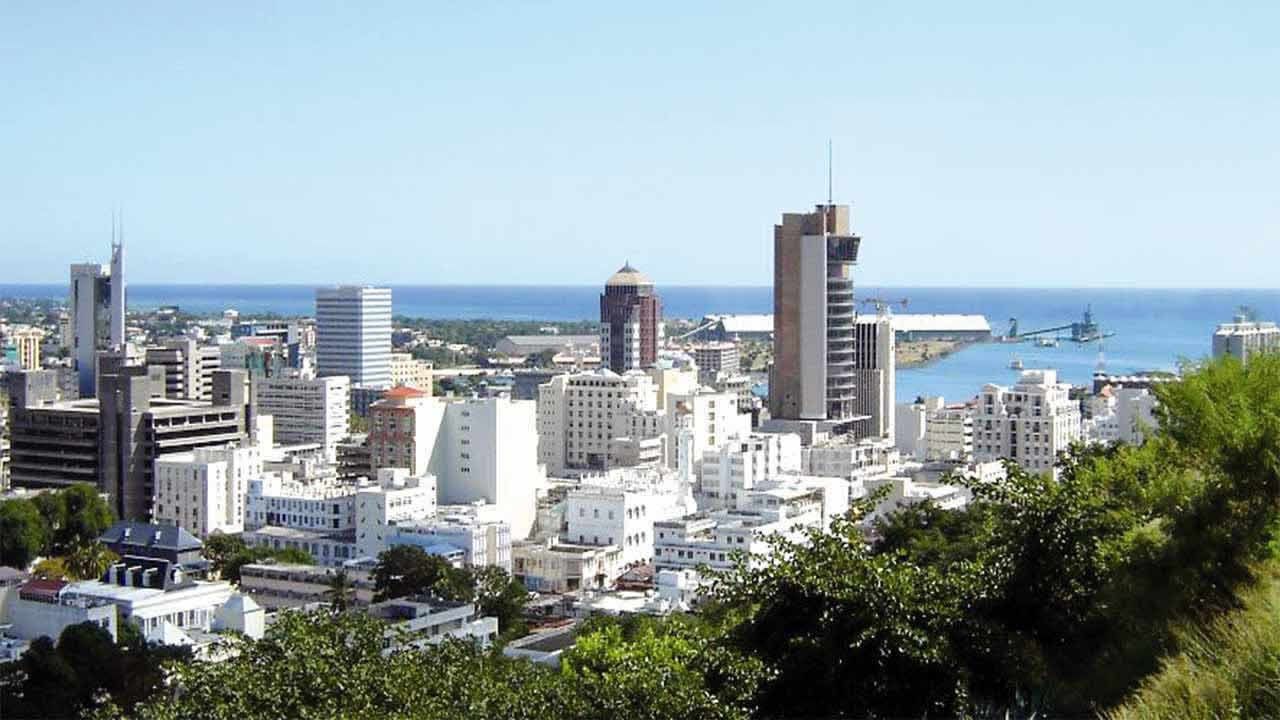
Le gouvernement n’encourage pas suffisamment les entreprises à innover en général, et à adopter l’intelligence artificielle et les technologies financières en particulier.
Publicité
1. Sur les perspectives de l'économie mauricienne pour l'année financière 2018-2019, êtes-vous...
| Très optimiste | 0% |
| Assez optimiste | 47% |
| Assez pessimiste | 53% |
| Très pessimiste | 0% |
Le pessimisme légèrement majoritaire
A la suite des mesures budgétaires pour l’année 2018-2019, l’optimisme peine à prendre le dessus du pessimisme chez nos analystes. Les raisons sont que « the main engines of growth are stagnant, if not receding. Measures are not being taken swiftly enough to tap into new opportunities. » Sauf que « the government is engaged in more and more fiscal stimulus to boost consumption, and our fiscal situation is getting worse. Dependence on foreign grants comes at great geopolitical costs. » Une telle politique « is not sustainable in the medium to long term without increasing debt or taxes. Since January 2018, the government is getting away with it by depreciating the rupee with the result that prices of imported goods have been increasing. » Sans compter les « market narrowness, economic concentration and the difficulties in exporting ».
2. Selon vous, l’investissement privé en 2018 sera en...

L’investissement privé stagne
Selon Statistics Mauritius, « private sector investment is expected to decline by 3.6% in 2018 compared to the 7.3% growth in 2017 ». Si la majorité des sondés n’anticipent pas une contraction de l’investissement privé cette année, néanmoins 60% pensent qu’il stagne. Les uns voient « a declining investment confidence due to bleak economic outlook and growing business uncertainties », les autres soulignent « a saturated market with large and medium corporates still having weak cash flows and low return on capital ». Entre-temps, « skewed investment preferences in real estate, shopping malls and smart cities hide a failed ecosystem for grooming young entrepreneurs in emerging technologies ». D’autant que « there has not been one concrete innovative policy put in place to give comfort to investors that their investment will produce economic return ».
3. Quelle est votre prévision du taux de chômage pour l’année 2018 ?
| 7,1% ou plus | 10% |
| 7,0% | 47% |
| 6,9% ou moins | 43% |
Taux de chômage plus ou moins stable
Pour Statistics Mauritius, « unemployment rate for 2018 is forecasted at 6.9%, lower than the rate of 7.1% for 2017 ». Mais 57% des sondés ne croient pas que le taux de chômage descendra sous la barre des 7% cette année. Si « budgetary measures to tackle youth unemployment will impact in decreasing unemployment in the short run », le fait est que « government hiring people is not job creation. It is called growing size of an indebted government. The private sector should lead job creation. » C’est pourquoi « this is not an achievement due to more jobs being created, but rather a factor of an ageing population », à savoir que « with low fertility rate, less and less people are coming on the labour market ».
4. D’après vous, le phénomène de « Jobless Growth » à Maurice...
| Existe toujours | 77% |
| N’existe plus | 7% |
| N’a jamais existé | 17% |
Croissance sans création nette d’emplois
La très grande majorité des analystes sont d’avis que la croissance mauricienne ne crée pas suffisamment d’emplois. A preuve,
« massive public sector investment is linked to jobless growth ». En d’autres mots, « state geared growth is one off and has no value addition in terms of job creation ». En même temps, « repetitive works are being automated in industries. The job profiles are changing, hence the mismatch ». Et « it will get worse as Industry 4.0, Artificial Intelligence and Internet of Things are all implemented by companies. We need a complete re-think and reform of our education system to prepare new entrants to be equipped to handle new technologies. »
5. Comment voyez-vous la politique du gouvernement de favoriser l’innovation dans les entreprises ?
L’innovation reste un slogan

La politique du gouvernement d’encourager l’innovation dans les entreprises demeure timide, observent 87% des sondés. Même si « several schemes have been established », ils estiment que « innovation is currently a slogan. You need investment in education, not what we have now. » Cependant, « the private sector should be more dynamic in their own fields to promote innovation while government should provide only the right framework in terms of recruitment of foreign skilled labour ». D’ailleurs, « l’innovation est assez limitée dans le secteur privé, mais ça reste encore mille fois mieux que dans le secteur public ».
6. Selon vous, un nouveau pôle de croissance autour de l’intelligence artificielle et des technologies financières émergera...
| Dans 2 ans | 3% |
| Dans 4 ans | 37% |
| Après 4 ans | 60% |
Un nouveau pôle de croissance après 2022
Dans le discours budgétaire de 2018-2019, le ministre des finances assure que « we will create new opportunities for private investment and job creation by accelerating the country’s move to an age of digitisation through Artificial Intelligence, blockchain technologies and Fintech ». Trois analystes sur cinq estiment que c'est après quatre ans qu'émergera un nouveau pôle de croissance autour de l’intelligence artificielle et des technologies financières. Car « this would necessitate massive upgrade in the training of the labour force, and the government will have to work on putting in place the requisite physical and legal infrastructure to entice big international players to invest in Mauritius ». Et puis, « this sector is not without its risks. We should move cautiously. »
7. Pour vous, la stratégie de substitution à l’importation du gouvernement est avec sa stratégie orientée vers l’exportation...
Deux stratégies qui s’excluent mutuellement

Dans son discours budgétaire, le grand argentier annonce que « we will foster a new wave of import substitution industry ». Pour 57% des répondants, une telle stratégie n’est pas conciliable avec celle orientée vers l’exportation. Elle sera compatible « if identification of products and services is done properly to build a comparative advantage », et « only in the long run after creating strong domestic production fundamentals for exports », mais « this will take time ». Sinon, ce serait « a waste of time, energy and resources as our market is too small and as locally produced goods will be too expensive ». En fait, « what we need is large-scale privatisations and a reinforcement of the market for corporate control ».
8. Que pensez-vous de l’accusation selon laquelle Maurice serait utilisée pour blanchir de l’argent de gouvernements africains ?
Maurice faussement accusée

L’Eastern and Southern Africa Anti-Money Laundering Group accuse Maurice de blanchir l’argent de gouvernements africains. Faux, répondent 63% des sondés. Reste que « the way things are being done might further increase this negative perception ». Autrement dit, « it might be baseless accusations but the possibility is there if Mauritian financial players do not adhere to the local anti-money laundering laws when dealing with African capital ». Pire, « the Bank of Mauritius and the Financial Services Commission lack tools and people to regulate effectively. Our regulators have yet to even think about using machine learning to detect money laundering. »

Notre service WhatsApp. Vous êtes témoins d`un événement d`actualité ou d`une scène insolite? Envoyez-nous vos photos ou vidéos sur le 5 259 82 00 !



















